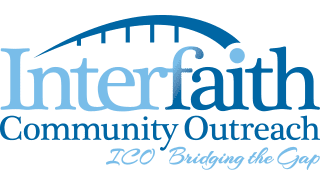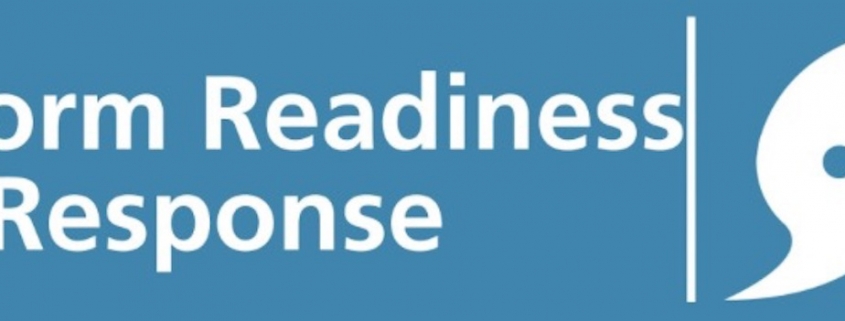DCDHHS Available to Assist Residents with Public Health & Social Services Related Recovery Needs after Tropical Storm Michael
Post Date: 10/12/2018 2:38 PM
The Dare County Department of Health & Human Services wants to ensure your safety and well-being as clean up efforts begin from Tropical Storm Michael.
Never assume that a water-damaged building is safe. Going into a building that has been flooded, even after the water is gone, can present public health hazards that can cause injury, illness or even death. Follow these instructions to avoid the following hazards:
Electrical hazards – Do not enter a flooded or wet building if the power is on. If any electrical circuits have gotten wet, turn off the power at the main breaker or fuse box.
Structural damage – Do not enter a building if the framing or foundation is damaged. Look carefully before you enter. Leave immediately if shifting or unusual noises signal a possible collapse of the building.
Hazardous materials – Dangerous materials found in flooded buildings may include pesticides, fuel oil, gasoline, chemicals and other substances that might have been brought in or spilled by flood waters. Damaged buildings may also contain asbestos and lead-based paint, which can cause health problems during cleanup.
Animal and insect related hazards – Look carefully before entering a building to determine if there are displaced animals in the building such as dogs and cats, raccoons and rodents. Watch out for snakes and insects such as wasps, fire ants, and mosquitoes.
Injuries – Falling objects, broken or damaged building components and slick surfaces can cause injuries, broken bones, and cuts. Lifting heavy objects can cause back injuries and muscle strains.
Biological hazards – Bacteria, viruses, fungi, (mold and mildew) and other microorganisms can cause illness when you breathe them in, take them into your body through your mouth, or take them in through non-intact skin. Bacteria, viruses and other microorganisms may be left indoors by floodwater, while mold and mildew may grow indoors after the floodwater has receded.
Stay safe while you work
Wear a hardhat and safety goggles when there is a danger of falling materials. Wear leather work gloves, rubber boots or hard-soled boots, preferably with steel toes, and protective clothing such as heavy pants, long sleeves and gloves when cleaning up debris. Use an insect repellent containing DEET to reduce chances of mosquito bites and to reduce risk of mosquito-borne illnesses such as West Nile Virus and Eastern Equine Encephalitis.
If you get a cut or a puncture wound that is exposed to floodwater or the dirt it leaves behind, see a doctor. Make sure your tetanus immunization is up-to-date before you work on the house. Once immunized, adults should have a routine “booster” every ten years. Residents can make an appointment for a tetanus shot at Public Health Division locations by calling 252.475.5003.
Additional Assistance
Both our Public Health and Social Services divisions are open from 8:30 am to 5:00 pm Monday- Friday.
If you need to be connected to resources in the community for assistance, including clean-up efforts, please contact the Social Services Division at 252.475.5500. If you have public health needs, please contact the Public Health Division at 252.475.5003. Additional information can also be found at www.darenc.com/stormready.






